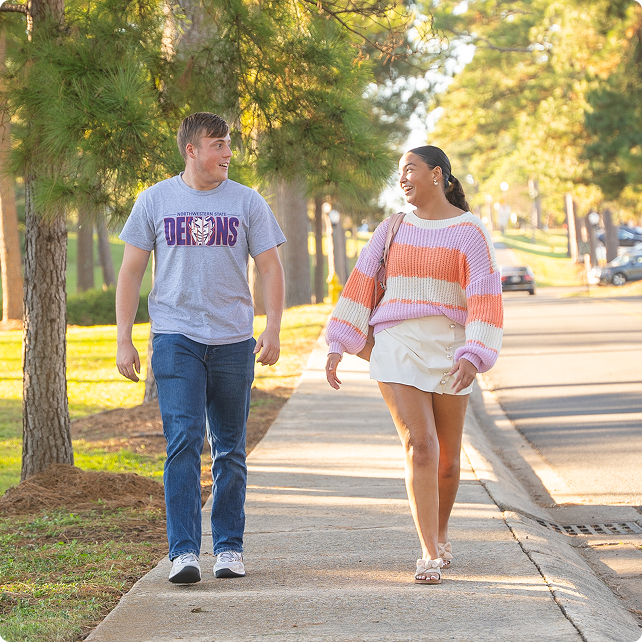Turning Passion for Health and Fitness Into a Career

Advisory board members are appointed by the HHP Department Head to serve a 2-year term. Subsequent terms may be renewed by the HHP Department Head. Prospective board members will participate in an application process.
HHP’s academic programs provide a foundation for our students to leave Northwestern State University as innovative, contemporary leaders prepared for a variety of career opportunities in health, kinesiology, and sport. Our faculty provide a collaborative, supportive learning environment in which students discover, explore, and practice the knowledge, movement, and values that will help ensure a healthy, productive lifestyle and successful career.
Students are part of a program where they:
To support this effort, we have prepared the following set of guidelines. These guidelines are intended to offer recommendations for the structure, format, and function of an effective and successful advisory board.
The program advisory board, as well as HHP faculty, staff, and students, will work together to ensure that the program delivers learning that is up to date and relevant to current business, industry, labor, and professional employment practices in health, kinesiology, and sport. The board will provide support and advice to academic programs, assist in the development of new programs, and identify best-practice standards. Board members will also serve as ambassadors to the program, providing a connection to and ongoing exchange of information and ideas with members of a broader society.
A new chair will be identified and appointed each (calendar) year from the advisory board membership. Members will be solicited each year for interest in serving in this role. A co- or vice-chair may also be identified. If no board member is able to serve as chair, an HHP academic director may function as an interim chair until an advisory board member is identified. There are no other elected officers.
Advisory board meetings will be held on a quarterly schedule with at least one meeting per year in person. The meeting will be of appropriate length to maintain the support, interest, and involvement of advisory board members. Effective and efficient meetings are critical to the success of the advisory board. Typical agenda items include introductions, general program updates, campus reports, updates from the field, and primary discussion topics.
Angel Martin – Director of Fitness Zone, LSU Health Shreveport
Tommy McClelland – Vice President & Director of Athletics, Rice University
Frank Griffin – Owner of Play Ball Productions and Vice-President of USSSA Baseball Operations
David Mooney – Owner and Physical Therapist, MOVE Sport and Spine
Abby Hinds Fennell – Occupational Therapist, Midstate Therapy Services
Vickie Gentry – Teacher Education PETE, Former DH, Dean, and Provost
Jason Parker – Director and Physical Therapist, Guidroz Physical Therapy (Natchitoches, LA)
Kevin Warner – Director, Natchitoches City Parks and Recreation
Lori Wheat – Physical Therapist, Wheat Physical Therapy and Wellness (Natchitoches, LA)
Lance Lacoste – General Manager, D-1 Training West NOLA
Ciara Taylor – Athletic Trainer, Ed.D., LAT, ATC, Oak Mountain High School / Play Safe
Craig Chenevert
Christian Van Buren – Director of Performance / Director of NFL Combine Prep, Private Contracts w/ Pro Sport Performance Therapy / APE Fitness (Dallas, Texas)
